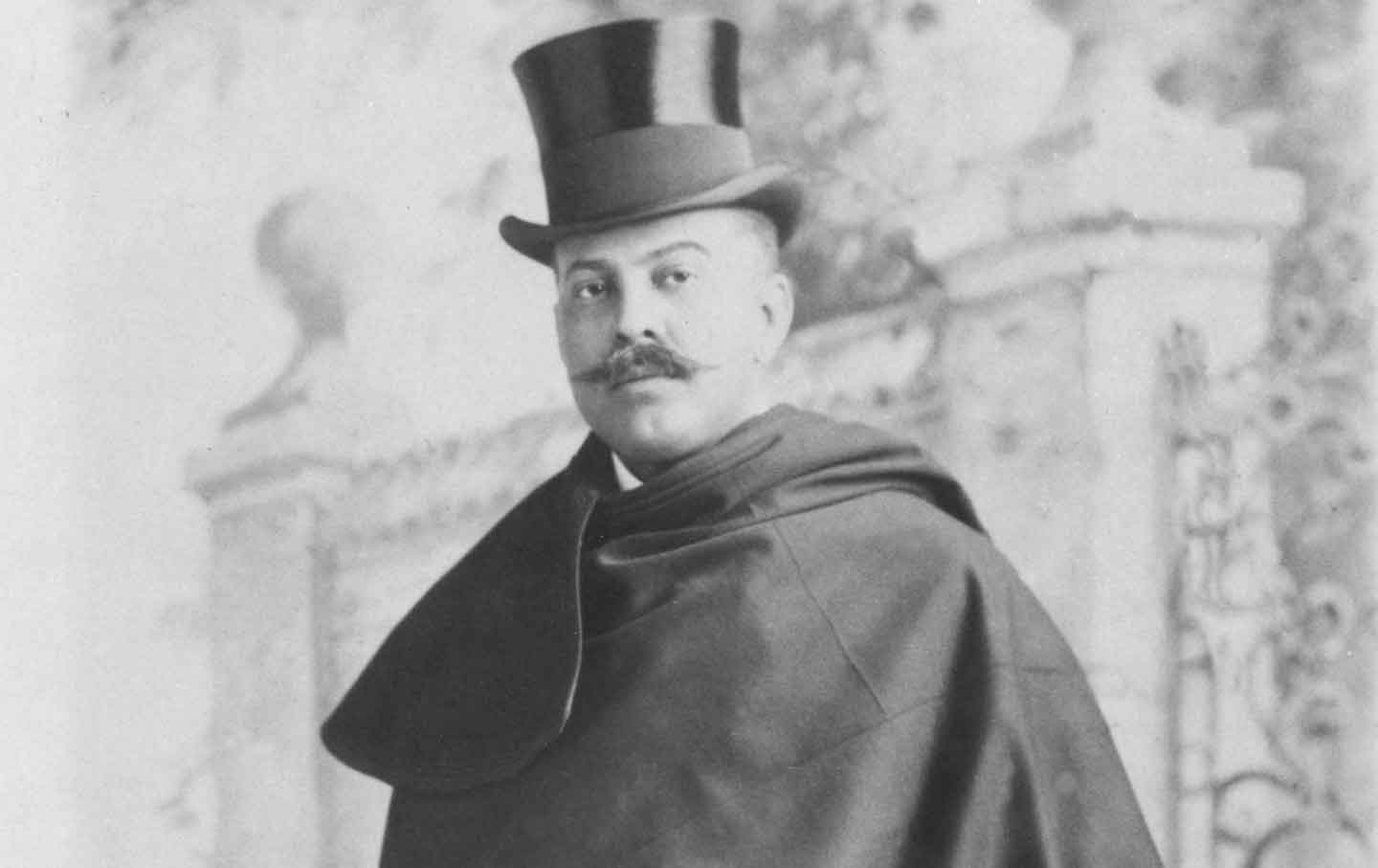Biography: ‘The Strange Career of William Ellis: The Texas Slave Who Became a Mexican Millionaire,’ by Karl JacobyPosted in Articles, Biography, Caribbean/Latin America, History, Media Archive, Mexico, Passing, Texas, United States on 2016-07-22 18:41Z by Steven |
The Dallas Morning News
2016-06-24
Karen M. Thomas, Professor of Journalism
Southern Methodist University, Dallas, Texas
From all accounts, Guillermo Enrique Eliseo commanded attention. The elegantly dressed Mexican-born Wall Street baron in Gilded Age Manhattan was known for his gold watch, fine taste and ability to strike business deals on both sides of the border. He also had a huge secret.
Eliseo began life not on a Mexican hacienda but across the border on a Texas plantation where he was born into slavery as William Henry Ellis. How he transformed himself into Eliseo is the topic of The Strange Career of William Ellis.
Karl Jacoby is a stellar researcher, and the topic is fascinating. He ferrets out Ellis’ tale of reinvention from historical documents, news accounts and Ellis’ personal material, including letters to his family. Where records are scarce, such as for the years Ellis was a slave on a Victoria plantation, Jacoby instead turns to what is known about American slavery itself. He describes Texas’ role in trying to keep cotton as king and what life was like in Victoria, a town close to the U.S. and Mexican borders, in the 1800s. By doing so, Jacoby is able to extrapolate Ellis’ experience, motivation and preparation for ultimately redefining his personal racial boundaries…
Read the entire review here.

